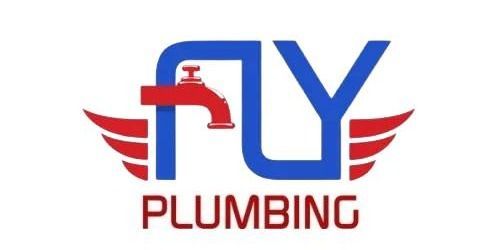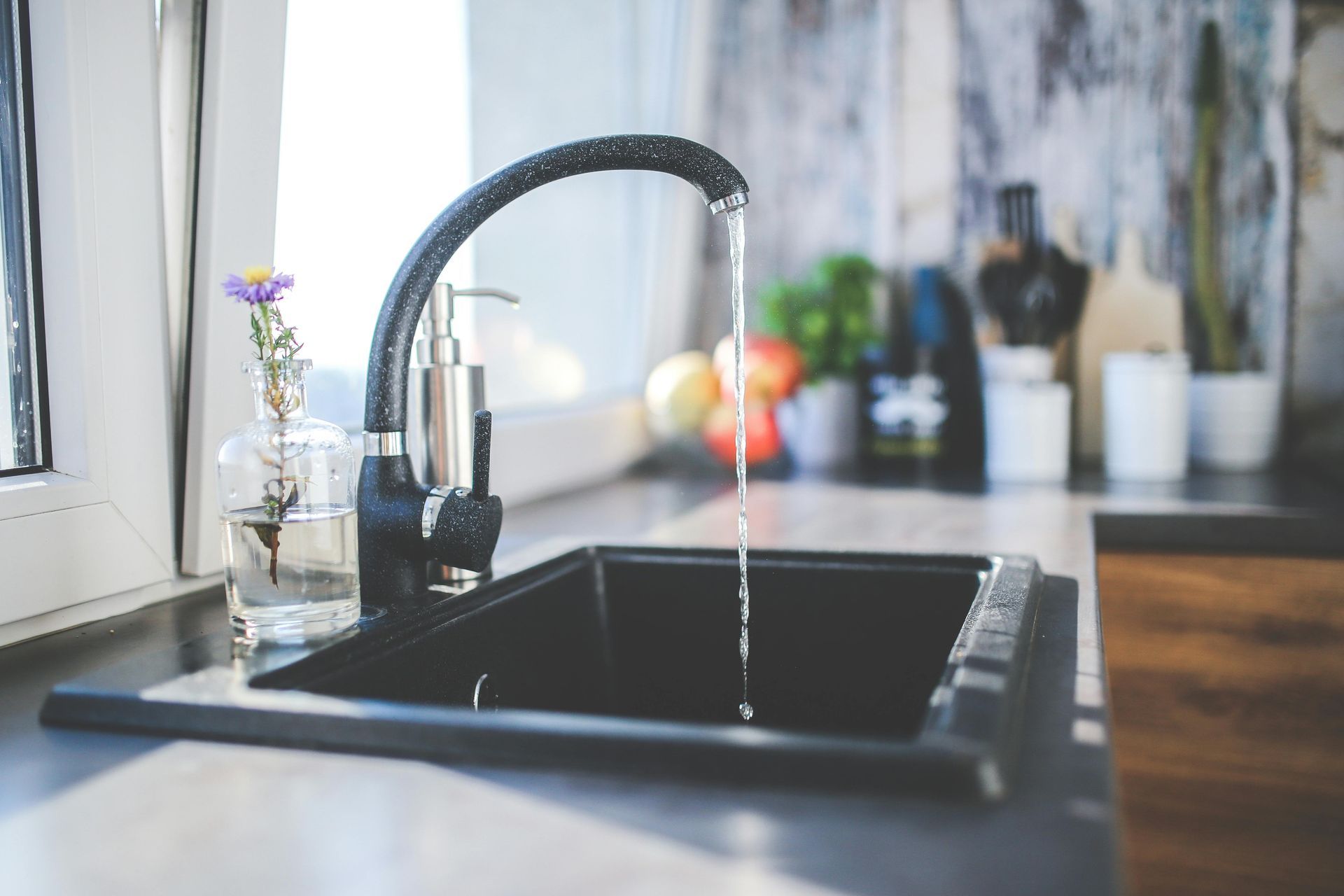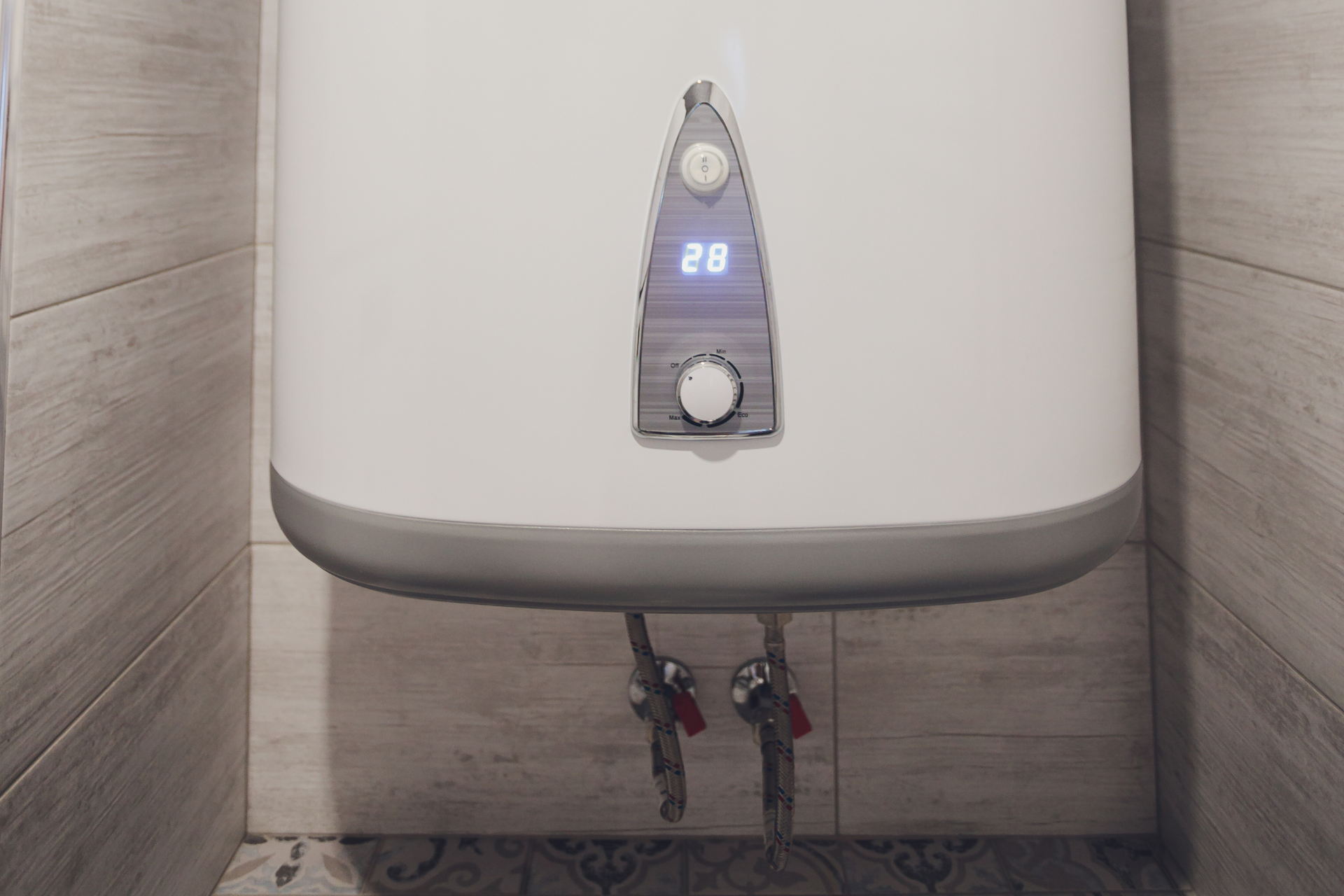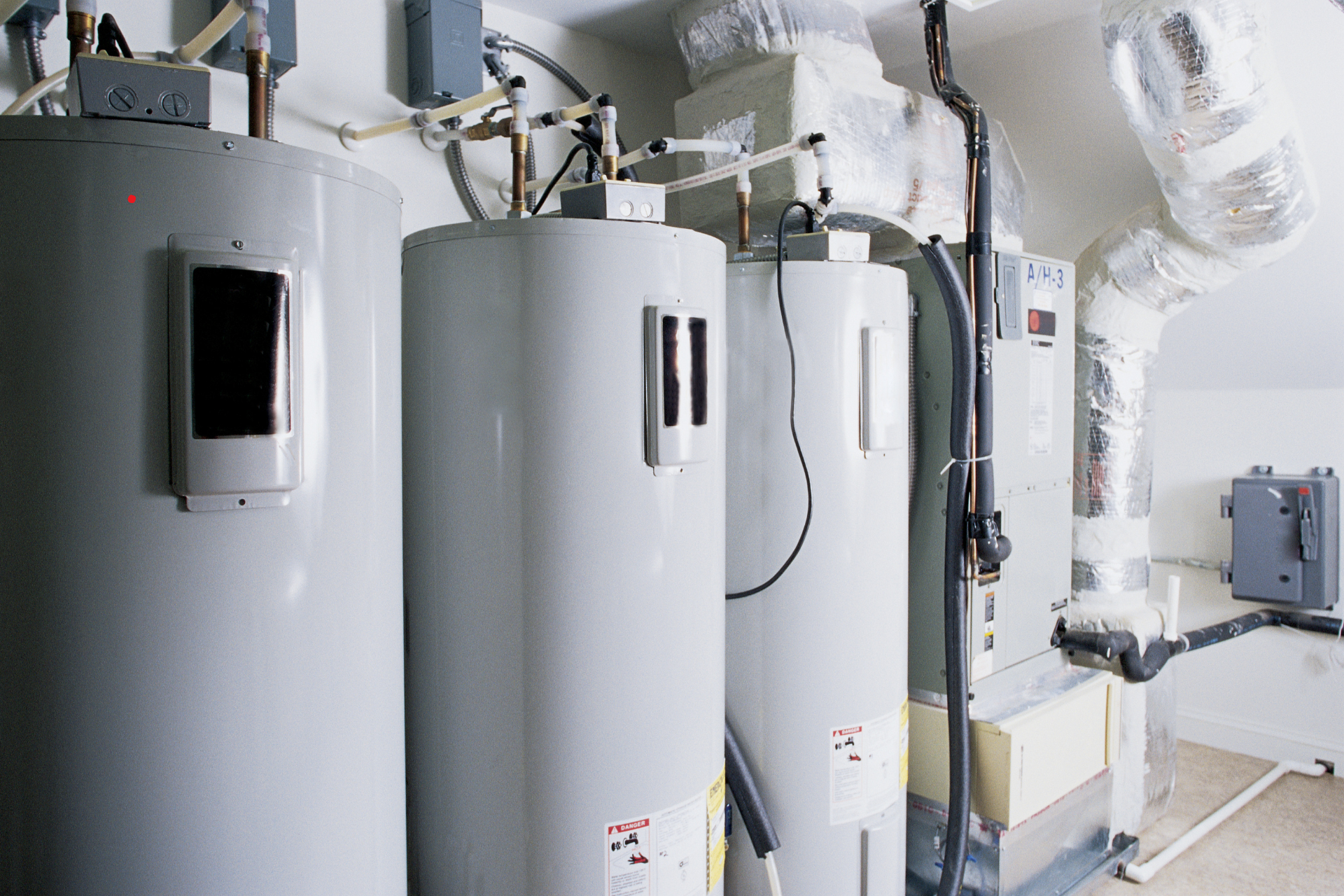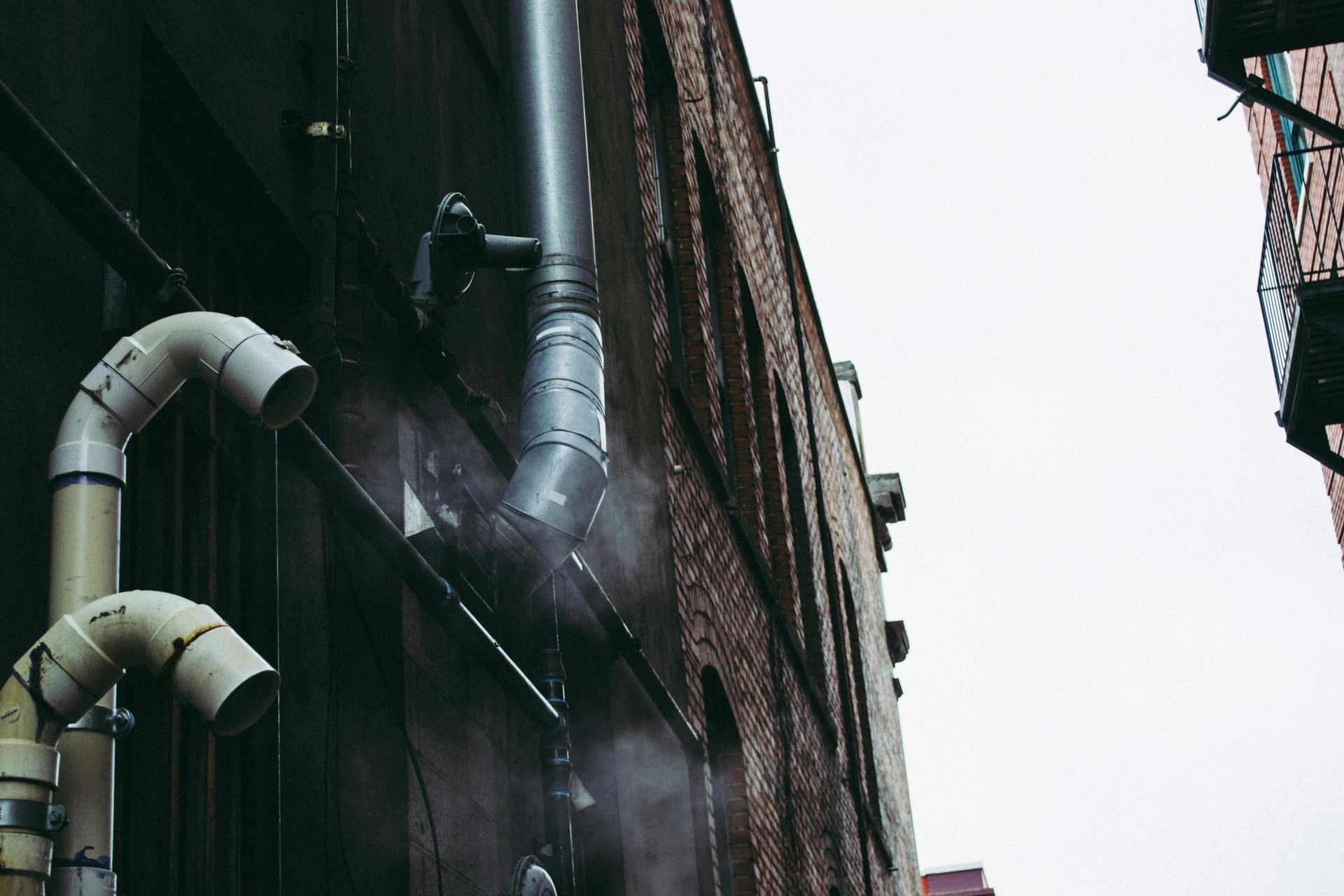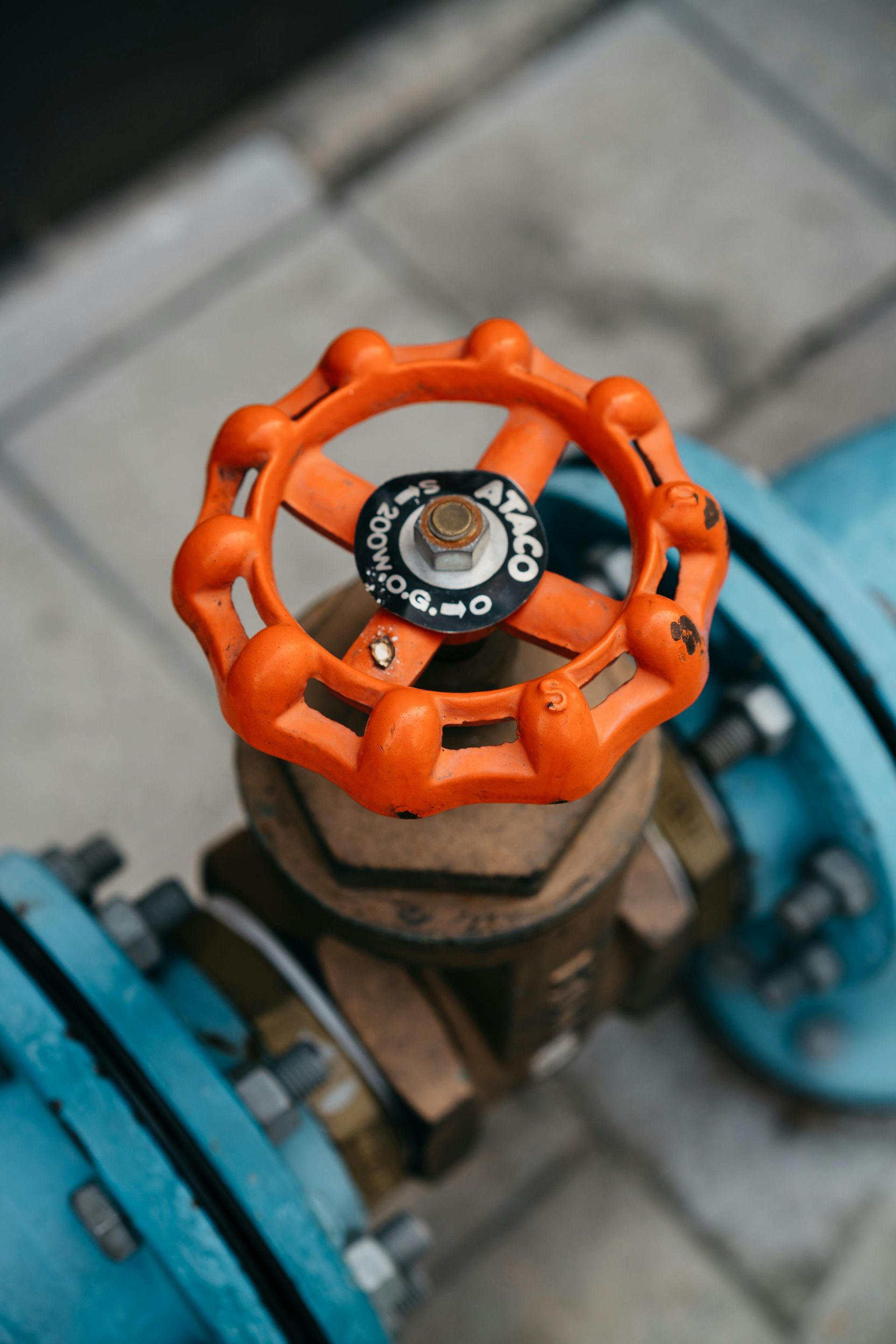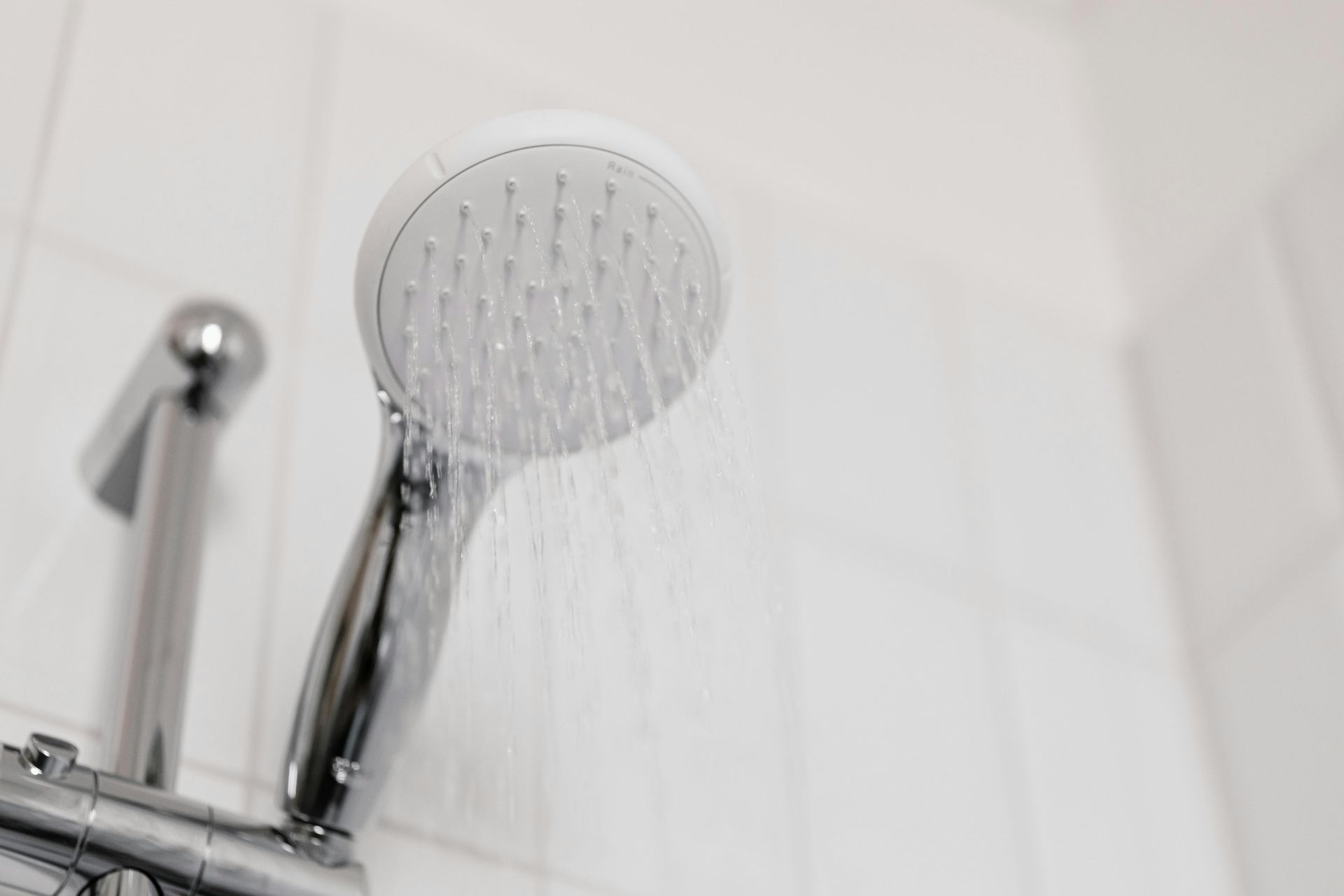Is an Expansion Tank Required for Your Water Heater? Here's What You Should Know
If you're installing or replacing a water heater, you may be wondering: Do I need an expansion tank on my water heater? It's a common question among homeowners, especially with changing plumbing codes and newer system designs. The answer depends on several factors—including the type of water heater you have, your plumbing configuration, and local regulations.
What Is an Expansion Tank?
A water heater expansion tank is a small, sealed tank installed near your water heater. It helps manage pressure increases that happen when water is heated and expands. Inside the expansion tank is a rubber bladder that separates compressed air from water. When the heated water expands, it flows into the expansion tank instead of building up pressure in your plumbing system.
This helps protect the water heater, pipes, and valves from stress and potential damage.
Why Expansion Tanks Are Needed
When water is heated, it expands—this is basic physics. In an open plumbing system, excess water volume can flow backward into the municipal supply. But in a closed plumbing system, a check valve or pressure-reducing valve (PRV) prevents water from returning to the main line.
In closed systems, this trapped water has nowhere to go, which leads to increased pressure. Repeated pressure surges can wear down your system over time.
This is where an expansion tank becomes necessary—it absorbs the expanded water volume, maintaining safe pressure and preventing wear and tear on your plumbing.
Is an Expansion Tank Required for All Water Heaters?
Whether your system requires an expansion tank depends on:
- Local plumbing codes – Many municipalities now mandate expansion tanks for all closed systems.
- Type of water heater – Both traditional tank models and some electric water heaters may need expansion tanks.
- Presence of check valves or pressure regulators – These create a closed system, requiring pressure management.
If you’re asking “Does my water heater need an expansion tank?”, the answer is
yes if your system is closed. Without one, you risk frequent pressure spikes, dripping pressure relief valves, and long-term damage.

Do Tankless Water Heaters Need Expansion Tanks?
Generally, tankless water heaters do not store large volumes of hot water, so thermal expansion is minimal. In most cases, an expansion tank is not required for a tankless model. However, if your home has a combination of fixtures or systems that can trap pressure—even with a tankless unit—a plumber may recommend installing one.
Also, if your municipality requires it for any water heating system in a closed configuration, a tankless heater could still fall under that regulation.
Signs You Might Need an Expansion Tank
Still unsure if you need one? Here are signs your system could benefit from an expansion tank:
- Your temperature-pressure relief (TPR) valve drips or leaks
- You’ve noticed fluctuating water pressure or water hammer
- Your home has a check valve or pressure-reducing valve installed
- You’re installing a new high-efficiency water heater
- Your plumbing inspector or local code requires one
If you’ve asked, “Do I need a water heater expansion tank in my house?”, and any of the above apply, the answer is likely yes.
What About Electric and Hot Water Heaters?
The type of fuel source doesn’t usually affect whether you need an expansion tank. Electric water heaters, like gas models, can create enough thermal expansion to justify a tank if the system is closed.
Similarly, a hot water heater expansion tank—whether for gas, electric, or hybrid models—serves the same purpose: to relieve system pressure and protect plumbing components.
Is an Expansion Tank Really Necessary?
From a functional perspective, expansion tanks provide essential pressure relief and help extend the lifespan of your water heater. From a legal standpoint, many plumbing codes and manufacturers now require an expansion tank to ensure warranty coverage or permit approval.
Even if not strictly required, it’s a smart investment to protect your home from water damage, leaking valves, or worn-out fixtures.
Final Thoughts
So, do you need an expansion tank for your water heater? If your home has a closed plumbing system or you’re replacing an older water heater, the answer is almost certainly yes. The tank itself is affordable and easy to install, but it provides long-term value and system protection.
At Fly Plumbing, our licensed plumbers can inspect your system, identify pressure issues, and recommend whether an expansion tank is required—or simply a smart precaution. If you’re unsure, we’re here to help ensure your water heater operates safely and efficiently for years to come.
Frequently Asked Questions
Do I need an expansion tank on a tank water heater?
Yes, if your home has a closed plumbing system. An expansion tank helps prevent excess pressure from damaging your water heater and plumbing.
Is an expansion tank required for a tankless water heater?
Usually not. Tankless water heaters don’t store hot water, so thermal expansion is minimal. However, some systems may still benefit from one if pressure issues occur.
Can I install an expansion tank myself?
It’s possible for experienced homeowners, but professional installation ensures proper sizing, pressure balancing, and code compliance.
